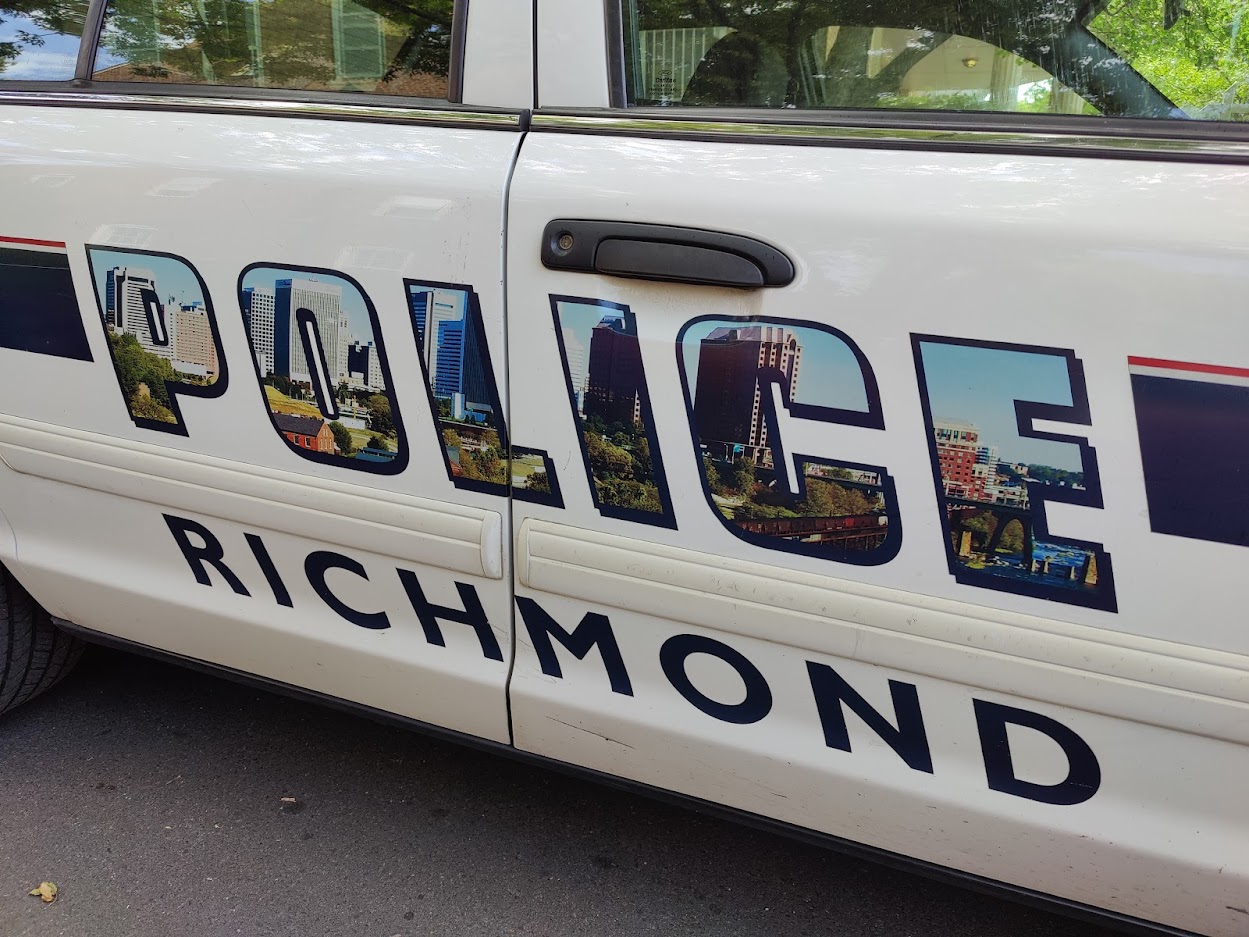
RICHMOND, Va. (WRIC) — Richmond residents might have to “face the music” soon as city officials are considering heavy fines to curb excessively loud music and other noise ordinance violations.
Last year, the city vowed to work harder to address noise complaints across the community. At a recent Public Safety Committee meeting, officials explained some challenges that come with finding ways to decrease the level of noise pollution, the main one being figuring out how to track those offenses and collect punitive fines.
A violation means you’re going to have to pay a fine, rather than face criminal charges. Assistant City Attorney Greg Lukanuski explained that holding the right person accountable is easier said than done.
“The city has the authority for civil penalties for noise ordinances,” Lukanuski said. “[The] problem is the Virginia code doesn’t tell the city how to collect it, unlike every other type of civil penalty.”
Excessive noise is currently defined as 65 decibels or higher during the daytime and 55 decibels at night. For reference, according to the U.S. Centers for Disease Control and Prevention, a whisper is about 30 decibels. On the other hand, a motorcycle is about 80 decibels.
Richmond Police Chief Rick Edwards and his team are equipped with sound-metering devices, but they said it’s often hard to pinpoint a noisy culprit and track their re-offenses. At the committee meeting, Chief Edwards shared the story of one specific case in which a Richmond home had 138 noise complaints in less than a year.
“We realized the person that was doing that wasn’t just really listening to his music loudly because he loved the music,” Edwards said. “There was a mental health issue there, so officers addressed it. It solved the problem and the calls for service dropped off the cliff. So, that’s what I envision once this goes live.”
If this ordinance were to go into effect, your first offense would cost you $50 dollars. The second, if it is within a week, would be $100. Any subsequent offenses within a two-week period would cost $500 each.
The city is working on a plan to properly identify repeat offenders and plan to provide an update early next year.
